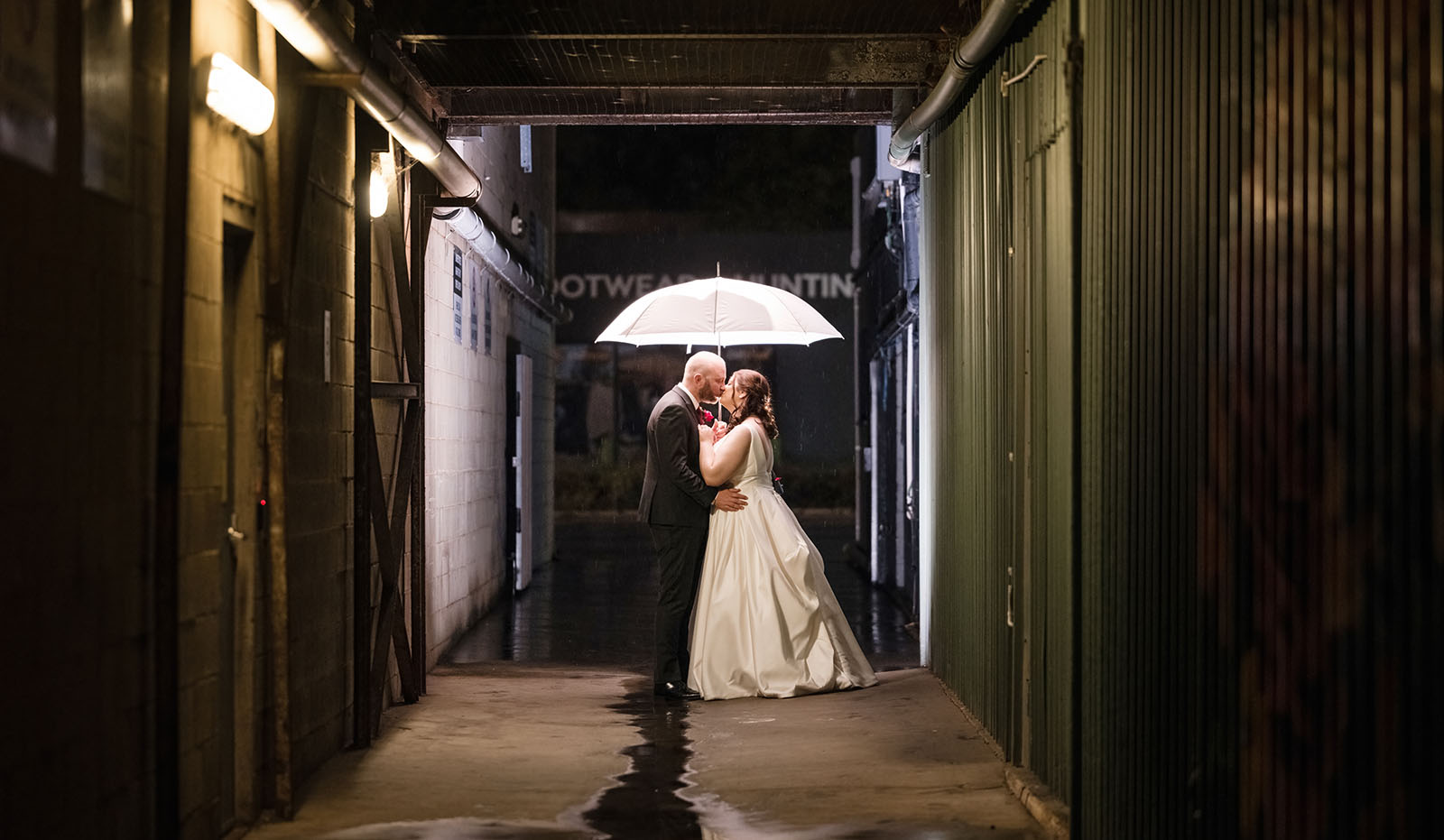
Planning an outdoor event can be an exciting and rewarding experience. Whether it’s a wedding, a music festival, or a corporate gathering, hosting an event outdoors allows for a unique and memorable experience. However, one crucial aspect that often gets overlooked is weather planning. The weather can have a significant impact on the success and safety of an outdoor event, making it essential to have a comprehensive plan in place. In this article, we will explore the importance of weather planning for outdoor events and provide practical tips for ensuring a successful and safe experience for all.
Importance of Weather Planning for Outdoor Events
When it comes to outdoor events, failing to plan for the weather can have severe consequences. Inclement weather can pose risks to both guests and staff, leading to potential injuries and damage to property. For example, extreme heat can cause heatstroke and dehydration, while heavy rain can result in slippery surfaces and potential flooding. Strong winds and storms can pose a threat to structures and equipment, putting everyone in danger. By not adequately preparing for these weather conditions, event organizers are putting themselves and their attendees at risk.
Safety should always be the top priority when planning an outdoor event. By taking the time to develop a weather plan, event organizers can mitigate potential risks and ensure the well-being of everyone involved. This includes having a clear evacuation plan in case of severe weather, providing adequate shelter and hydration stations, and regularly monitoring weather updates throughout the event. By prioritizing safety and being proactive in weather planning, event organizers can create a secure and enjoyable experience for all attendees.
Understanding Weather Patterns and Predictions
To effectively plan for the weather, it is crucial to have a basic understanding of weather patterns and predictions. Weather patterns refer to the recurring atmospheric conditions that can be observed over a specific area during a particular season. These patterns can vary depending on the location and time of year. By understanding the typical weather patterns for a specific area, event organizers can make informed decisions about the best time of year to host their event and what weather conditions to expect.
Weather predictions, on the other hand, are forecasts made by meteorologists based on current weather conditions and historical data. These predictions can provide valuable insights into what weather conditions to expect during an event. It is important to note that weather predictions are not always 100% accurate, but they can still serve as a useful tool for planning purposes. Event organizers should regularly monitor weather updates leading up to and during the event to ensure they are prepared for any potential changes in weather conditions.
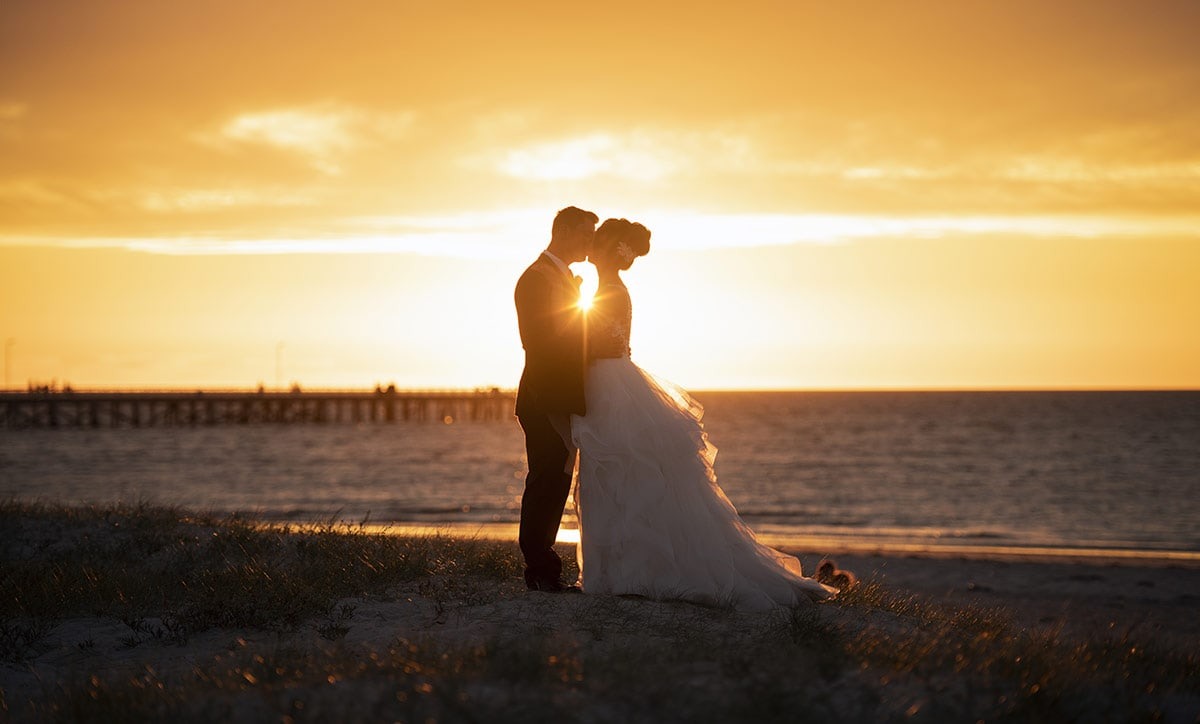
Choosing the Right Venue for Your Outdoor Event
One of the most critical factors in weather planning for outdoor events is choosing the right venue. The venue should be suitable for the weather conditions that are likely to occur during the event. For example, if the event is taking place during the summer months, it is essential to select a venue that provides ample shade and ventilation to keep guests cool and comfortable. On the other hand, if the event is happening during the rainy season, it is crucial to choose a venue with proper drainage systems to prevent flooding.
When selecting a venue, event organizers should also consider the flexibility it offers in accommodating different weather scenarios. For example, if the event is expected to have a high chance of rain, it is beneficial to choose a venue that has indoor spaces or covered areas that can be utilized if needed. Additionally, event organizers should inquire about the venue’s policies and procedures for dealing with inclement weather, such as their ability to provide additional tents or canopies in case of rain or strong winds.
Tips for Setting Up Tents and Canopies
Tents and canopies are commonly used at outdoor events to provide shelter and protection from the elements. However, setting up these structures can be challenging, especially in adverse weather conditions. Here are some practical tips for setting up tents and canopies:
1. Choose the right location: Before setting up a tent or canopy, carefully consider the location. Look for a spot that is level and free from any potential hazards, such as trees or power lines. It is also important to consider the direction of the wind and position the tent or canopy accordingly to minimize the impact of strong gusts.
2. Proper anchoring and securing: To ensure the stability of the tent or canopy, it is crucial to properly anchor and secure it. This can be done using stakes, weights, or tie-downs, depending on the type of structure and the ground conditions. It is important to follow the manufacturer’s instructions and use the appropriate anchoring methods to prevent the structure from being blown away by strong winds.
3. Reinforce the structure: In areas prone to high winds or storms, it may be necessary to reinforce the tent or canopy. This can be done by adding additional support poles or using wind-resistant materials. It is also advisable to regularly inspect the structure during the event and make any necessary adjustments to ensure its stability.
By following these tips, event organizers can ensure that tents and canopies are set up safely and securely, providing adequate shelter for guests in different weather conditions.
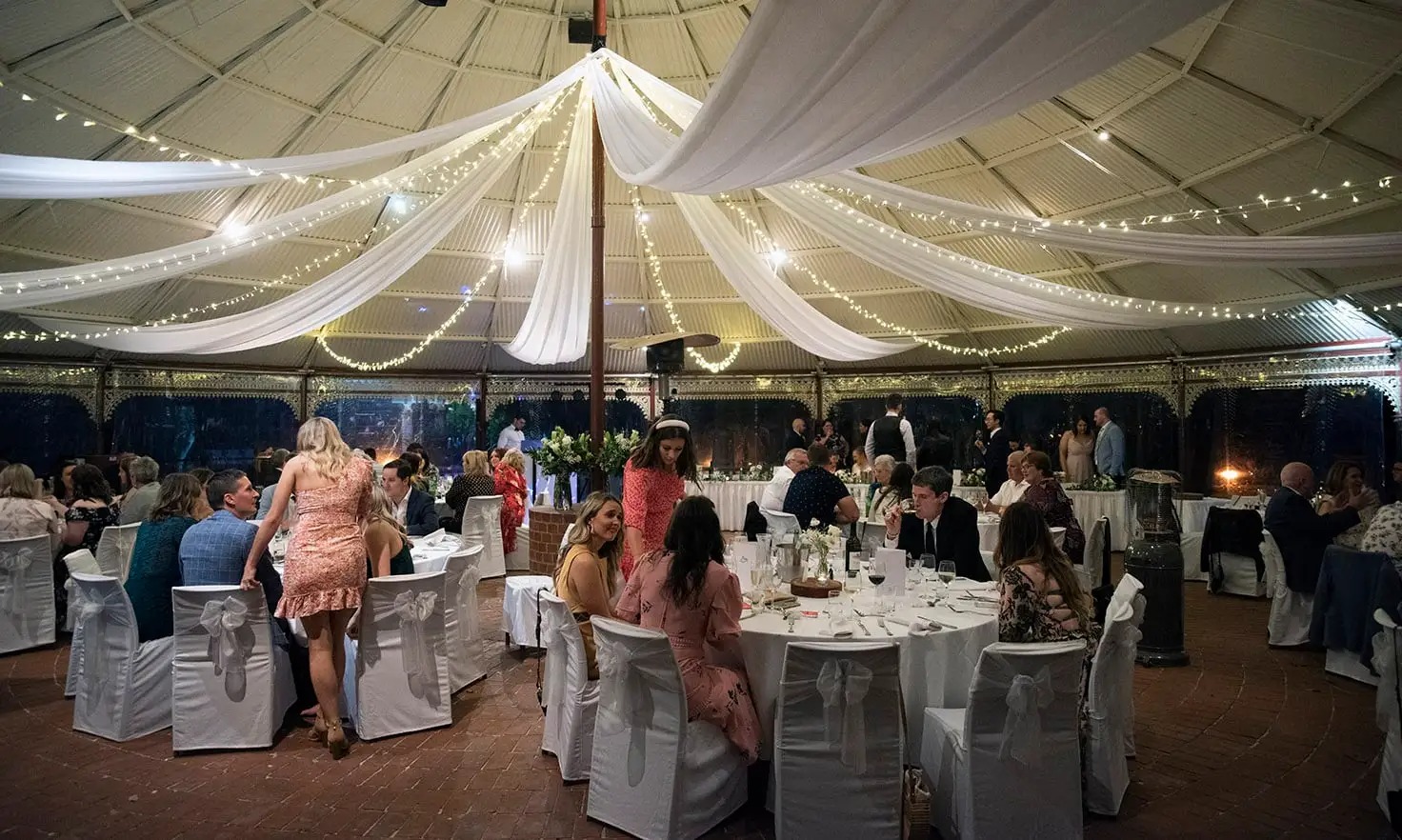
How to Keep Guests Comfortable in Hot Weather
Hot weather can pose significant challenges for outdoor events, especially if proper measures are not taken to keep guests cool and comfortable. Here are some tips for ensuring guest comfort in hot weather:
1. Provide shade: One of the most effective ways to keep guests cool is by providing ample shade. This can be done by setting up tents, canopies, or umbrellas throughout the event space. It is important to ensure that there is enough shade to accommodate all guests, especially during peak hours when the sun is at its strongest.
2. Hydration stations: It is crucial to provide guests with easy access to water to prevent dehydration. Set up hydration stations throughout the event space, offering cold water and other non-alcoholic beverages. Encourage guests to drink plenty of fluids and consider providing refillable water bottles or cups to minimize waste.
3. Cooling stations: In addition to shade and hydration, consider setting up cooling stations to provide relief from the heat. This can include misting fans, portable air conditioning units, or even designated areas with air-conditioned tents. These cooling stations can provide a much-needed respite for guests, allowing them to cool down and recharge before returning to the festivities.
By implementing these strategies, event organizers can ensure that guests remain comfortable and safe in hot weather conditions.
Preparing for Rain: Waterproofing and Drainage Solutions
Rain is a common weather occurrence that can significantly impact outdoor events. To ensure the success of an event, it is crucial to prepare for rain and have appropriate waterproofing and drainage solutions in place. Here are some tips for preparing for rain:
1. Waterproofing structures: If the event involves the use of tents or canopies, it is essential to ensure that they are properly waterproofed. This can be done by applying waterproofing sprays or coatings to the fabric or using waterproof materials. It is also important to regularly inspect the structures during the event and make any necessary repairs or adjustments to prevent leaks.
2. Proper drainage: To prevent flooding and water accumulation, it is crucial to have proper drainage systems in place. This can include using gutters, downspouts, and drainage channels to direct water away from the event space. It is also advisable to have sandbags or other barriers on hand to redirect water flow if necessary.
3. Backup indoor spaces: In case of heavy rain or severe weather, it is beneficial to have backup indoor spaces available. This can include nearby buildings, community centers, or even rented tents with solid flooring. These indoor spaces can provide shelter for guests and allow the event to continue uninterrupted.
By preparing for rain and having appropriate waterproofing and drainage solutions in place, event organizers can minimize the impact of inclement weather on their outdoor events.
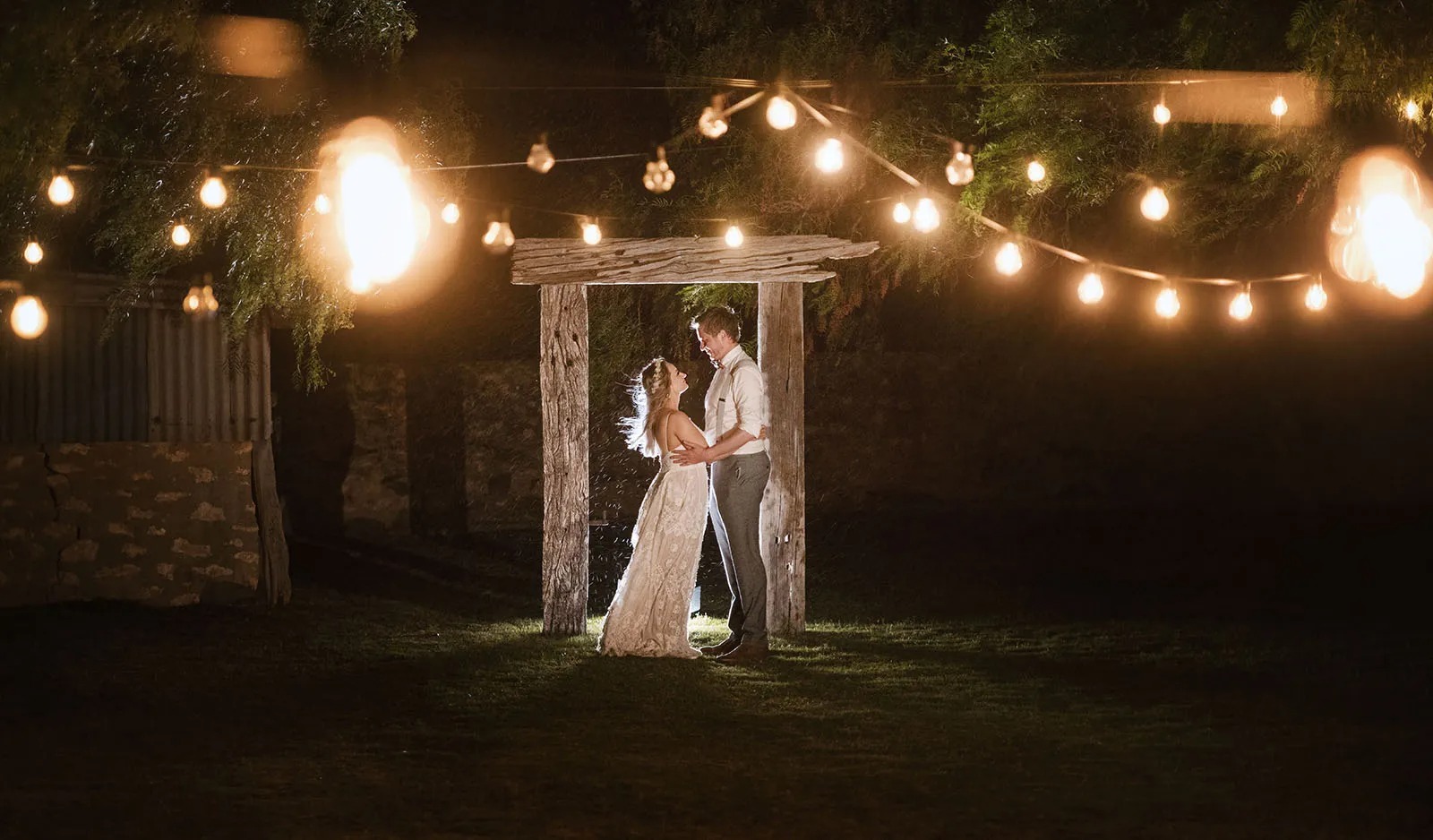
Strategies for Dealing with Wind and Storms
Wind and storms can pose significant risks to outdoor events, including the potential for structural damage and injury to guests and staff. Here are some strategies for dealing with wind and storms:
1. Secure structures and equipment: Before the event, it is crucial to ensure that all structures and equipment are properly secured. This can be done by using additional anchoring methods, such as sandbags or weights, to prevent them from being blown away by strong winds. It is also important to regularly inspect the structures and equipment during the event and make any necessary adjustments to ensure their stability.
2. Monitor weather updates: It is essential to regularly monitor weather updates leading up to and during the event. This can be done by using weather apps, following local news channels, or hiring professional weather services. By staying informed about the current weather conditions, event organizers can make timely decisions and take appropriate actions to ensure the safety of everyone involved.
3. Evacuation plan: In case of severe weather, it is crucial to have a clear evacuation plan in place. This plan should include designated safe areas for guests and staff to seek shelter, as well as a communication system to alert everyone about the evacuation. It is important to communicate the evacuation plan to all staff members and ensure that they are trained on how to execute it effectively.
By implementing these strategies, event organizers can minimize the risks associated with wind and storms and ensure the safety of everyone involved.
Communication and Contingency Planning for Weather Emergencies
Communication and contingency planning are essential components of weather planning for outdoor events. In the event of a weather emergency, it is crucial to have a clear and effective communication system in place to alert staff and guests about the situation and provide instructions on what to do. Here are some tips for developing a weather emergency plan:
1. Establish a chain of command: Designate a person or team responsible for monitoring weather conditions and making decisions in case of a weather emergency. This person or team should have the authority to communicate with staff and guests and implement the necessary actions to ensure their safety.
2. Communication channels: Establish multiple communication channels to ensure that everyone receives the necessary information in a timely manner. This can include using radios, walkie-talkies, or mobile phone apps to communicate with staff members. For guests, consider using public address systems, text message alerts, or social media updates to provide instructions and updates.
3. Contingency plans: Develop contingency plans for different weather scenarios, including evacuation plans, shelter-in-place procedures, and alternative activities or entertainment options. It is important to regularly review and update these plans to ensure their effectiveness and relevance.
By prioritizing communication and contingency planning, event organizers can effectively respond to weather emergencies and ensure the safety of everyone involved.

Hiring Professional Weather Services for Large Events
For large outdoor events, it may be beneficial to hire professional weather services to assist with weather planning. These services can provide accurate and up-to-date weather forecasts, as well as expert advice on how to mitigate potential risks. Here are some tips for selecting a reputable weather service provider:
1. Experience and expertise: Look for a weather service provider with a proven track record and extensive experience in providing weather forecasts for outdoor events. Consider their expertise in interpreting weather data and their ability to provide actionable recommendations.
2. Customized solutions: Choose a weather service provider that can tailor their services to meet the specific needs of your event. This can include providing real-time weather updates, on-site meteorologists, or customized weather reports.
3. References and testimonials: Ask for references or testimonials from previous clients to get a better understanding of the quality and reliability of the weather service provider. Consider reaching out to other event organizers who have used their services to gather feedback and recommendations.
By hiring professional weather services, event organizers can access accurate and reliable weather information, allowing them to make informed decisions and ensure the safety and success of their outdoor events.
Creating a Weather Plan Checklist for Your Outdoor Event
To ensure a comprehensive weather plan, it is beneficial to create a checklist of essential items to include. This checklist can serve as a guide for event organizers and help ensure that no important details are overlooked. Here are some items to consider including in a weather plan checklist:
1. Weather monitoring: Establish a system for monitoring weather conditions leading up to and during the event. This can include using weather apps, following local news channels, or hiring professional weather services.
2. Communication plan: Develop a communication plan for weather emergencies, including designated communication channels and procedures for alerting staff and guests.
3. Evacuation plan: Create a clear and detailed evacuation plan, including designated safe areas and procedures for evacuating staff and guests.
4. Shelter and shade: Ensure that there is adequate shelter and shade available for guests, including tents, canopies, or indoor spaces.
5. Hydration and cooling stations: Set up hydration stations and cooling stations throughout the event space to keep guests cool and hydrated.
6. Waterproofing and drainage: Prepare for rain by ensuring that structures are properly waterproofed and that there are adequate drainage systems in place.
7. Wind and storm preparedness: Secure structures and equipment to prevent damage from strong winds and storms.
8. Contingency plans: Develop contingency plans for different weather scenarios, including alternative activities or entertainment options.
9. Review and update: Regularly review and update the weather plan to ensure its effectiveness and relevance.
By creating a weather plan checklist, event organizers can ensure that all necessary aspects of weather planning are addressed, minimizing potential risks and ensuring a successful and safe outdoor event.
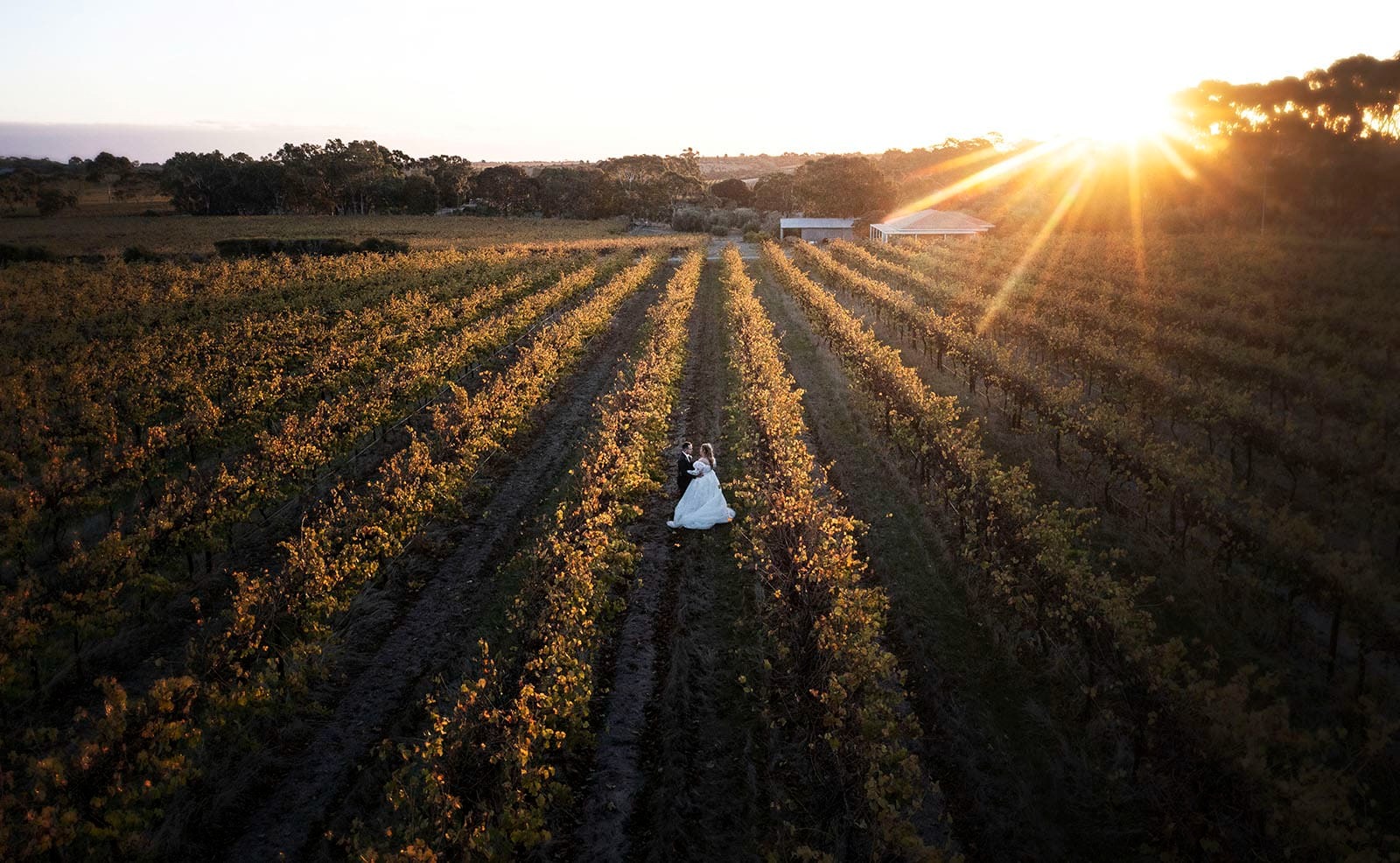
Weather planning is a crucial aspect of hosting a successful and safe outdoor event. Failing to plan for the weather can have severe consequences, including potential risks to guests and staff and damage to property. By understanding weather patterns and predictions, choosing the right venue, and implementing practical strategies for dealing with different weather conditions, event organizers can mitigate potential risks and ensure the well-being of everyone involved. Additionally, by prioritizing communication and contingency planning, event organizers can effectively respond to weather emergencies and ensure the safety of all attendees. By taking action and developing a comprehensive weather plan, event organizers can create a memorable and enjoyable experience for all.
